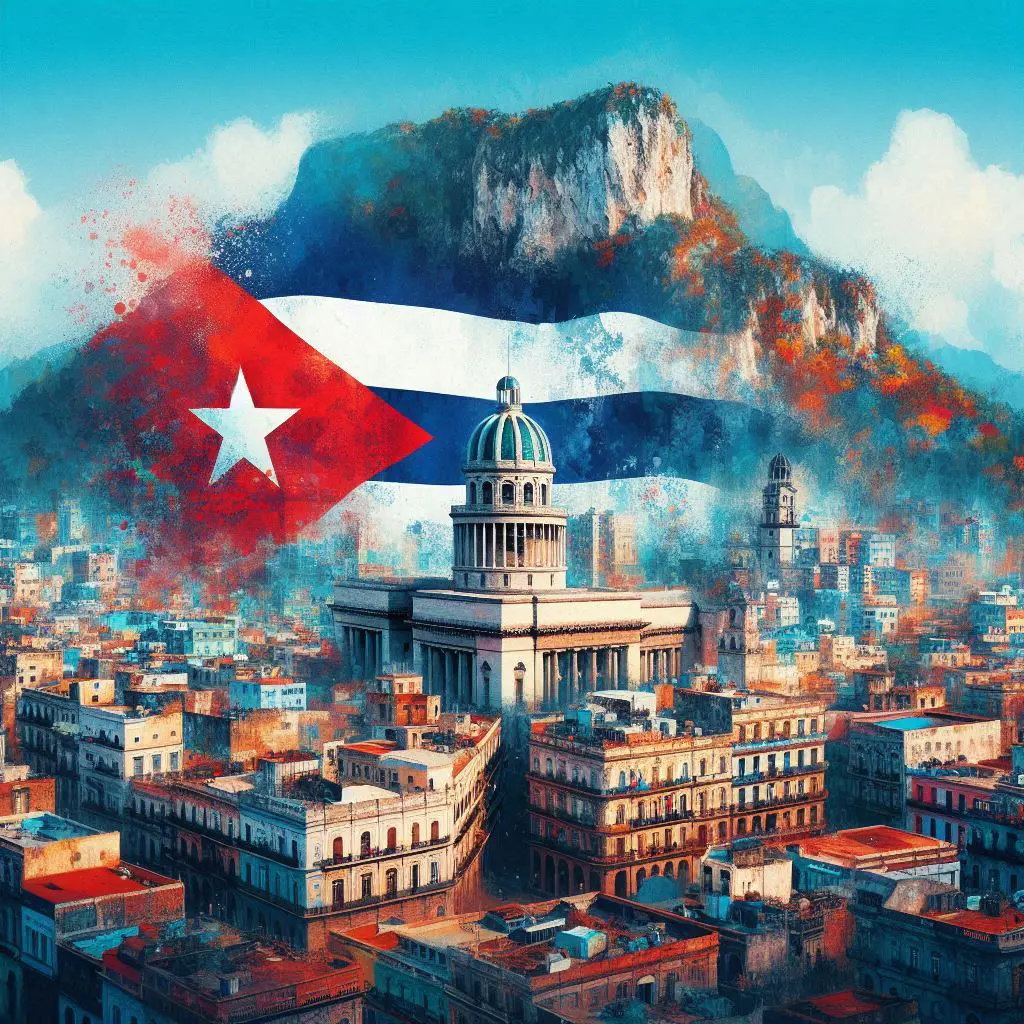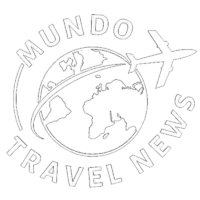
In the world of travel, Cuba has long held a mystique for American tourists. Its vibrant culture, rich history, and tropical landscapes offer an alluring destination just 90 miles from the U.S. coast. However, due to historical and political tensions, traveling to Cuba for U.S. citizens has been fraught with complications. Today, Americans can visit Cuba legally under specific conditions, though some still choose to skirt the regulations and visit illegally. This article explores the legal avenues for traveling to Cuba, the nuances of unauthorized travel, and the broader implications of these choices.
The Historical Context
The complex relationship between the United States and Cuba dates back to the Cold War era. Following the Cuban Revolution in 1959, the U.S. imposed an economic embargo on Cuba, which has been modified but largely remains in place. This embargo restricts many forms of trade and travel, complicating the logistics for Americans wishing to visit the island nation. The restrictions have evolved over time, with some easing during the Obama administration, allowing for increased cultural and educational exchanges. However, subsequent administrations have reinstated stricter policies, creating a fluctuating legal landscape for travelers.
Legal Avenues for Visiting Cuba
The legal framework for U.S. citizens visiting Cuba is shaped by the U.S. Department of the Treasury’s Office of Foreign Assets Control (OFAC), which administers and enforces economic and trade sanctions against Cuba. Under these regulations, tourism itself is not permitted, but travel is allowed for specific purposes. Here are the primary legal categories:
Family Visits
U.S. citizens with relatives in Cuba can visit under the family visits category. This includes immediate family members and provides a way for Cuban-Americans to maintain familial connections. This category has been a lifeline for many Cuban-Americans, allowing them to support their families and stay connected despite political barriers.
Official Government Business
This category includes employees of the U.S. government, foreign governments, and certain intergovernmental organizations on official business. This pathway ensures that diplomatic and official communications between the two nations can continue, even amidst broader travel restrictions.
Journalistic Activities
Journalists and supporting personnel can visit Cuba to cover news or events. This provision is vital for ensuring that the international community remains informed about developments in Cuba, providing a crucial link in the global information chain.
Professional Research and Professional Meetings
This includes people attending professional meetings, conferences, or conducting research in their professional field. Academics and professionals in various fields use this category to engage with Cuban counterparts, fostering intellectual and professional exchanges.
Educational Activities
Accredited U.S. academic institutions can organize trips, and students can participate in structured educational programs in Cuba. These programs often focus on Cuban culture, history, and politics, providing invaluable firsthand experiences for students and educators.
Religious Activities
Religious organizations can send travelers to participate in religious activities in Cuba. This category supports the freedom of religious practice and the exchange of religious and cultural ideas between the two nations.
Support for the Cuban People
This broad category allows travel to support independent activity intended to strengthen civil society in Cuba, such as working with nongovernmental organizations or providing humanitarian aid. This provision aims to foster grassroots development and empowerment within Cuban communities.
Humanitarian Projects
This includes activities like medical and health-related projects, disaster preparedness, and environmental projects. Humanitarian travel supports crucial services and initiatives that benefit the Cuban population, particularly in times of crisis.
Public Performances, Clinics, Workshops, Athletic and Other Competitions, and Exhibitions
This category allows for participation in public events and cultural exchanges. Artists, athletes, and performers use this avenue to engage in cultural diplomacy, showcasing American talent while learning from Cuban counterparts.
Exportation, Importation, or Transmission of Information or Informational Materials
This includes activities related to the transmission of information or media. Journalists, authors, and media producers often travel under this category to facilitate the flow of information between the two nations.
Certain Authorized Export Transactions
Certain travel is permitted for authorized export transactions, such as sales of agricultural commodities, medicines, and medical devices. This category ensures that essential goods and services can reach the Cuban people, supporting health and agriculture.
Requirements for Legal Travel
Travelers must adhere to certain requirements to ensure their trip is legal. They must keep detailed records of their travel activities for five years. Additionally, they must ensure that their activities fall squarely within the permitted categories and use a licensed travel service provider to arrange their trip. The documentation required can include travel licenses, itineraries, and receipts for transactions made in Cuba.
Challenges and Benefits of Legal Travel
Legal travel to Cuba can be challenging due to the need for meticulous documentation and the limitations on permissible activities. However, it also offers significant benefits. By traveling legally, U.S. citizens can support the Cuban economy, particularly the private sector, and contribute to people-to-people connections that transcend political differences.
Illegal Travel to Cuba
Despite the established legal pathways, some U.S. citizens opt to visit Cuba illegally, typically by entering the country through a third country such as Mexico, Canada, or a Caribbean nation. Here’s how this typically works:
Travel via a Third Country
Travelers book flights to Cuba from a country that has normal diplomatic relations with Cuba. Popular third-country gateways include Mexico, Canada, and Panama. By departing and returning via these countries, travelers can avoid direct U.S.-Cuba flights, which are more closely scrutinized. This method relies on the lack of strict exit controls for U.S. travelers in these third countries, making it easier to mask the trip.
Passport Stamping
Cuban immigration officers are known to avoid stamping U.S. passports upon request to help visitors avoid detection. Instead, they might stamp a separate piece of paper. This practice helps travelers maintain the appearance of compliance with U.S. travel regulations upon their return.
Payment Methods
U.S. credit and debit cards generally do not work in Cuba due to the embargo, so travelers bring cash to avoid leaving a financial trail. This reliance on cash transactions reduces the risk of financial institutions reporting the trip to U.S. authorities (non-US cash is recommended).
Risks of Illegal Travel
Illegal travel to Cuba carries significant risks. If caught, travelers can face fines, legal action, and other penalties from U.S. authorities. Additionally, the lack of legal recourse in Cuba could put travelers at risk if they encounter any issues while in the country. The Cuban government may also be less inclined to assist tourists who have entered the country illegally.
Ethical Considerations
Traveling to Cuba, whether legally or illegally, raises ethical considerations. Legal travelers can support local businesses and promote cultural exchange in a responsible manner. However, illegal travel can undermine these benefits by perpetuating an underground tourism economy that often bypasses local regulations and can exploit loopholes.
Broader Implications
The broader implications of travel to Cuba encompass diplomatic relations, economic impacts, and cultural exchanges. Legal travel supports the normalization of relations between the U.S. and Cuba, fostering mutual understanding and cooperation. Illegal travel, on the other hand, can strain these efforts by violating international protocols and potentially exacerbating political tensions.
Conclusion
Visiting Cuba as a U.S. citizen is possible and can be done legally through a variety of approved categories. While the allure of bypassing regulations to experience Cuba may tempt some travelers, the potential consequences and ethical considerations make it a risky endeavor. For those interested in experiencing the unique charm of Cuba, understanding and adhering to the legal pathways ensures a safer and more responsible journey. As the world becomes increasingly interconnected, how we approach travel to restricted destinations like Cuba reflects our broader commitment to global understanding and responsible tourism.



